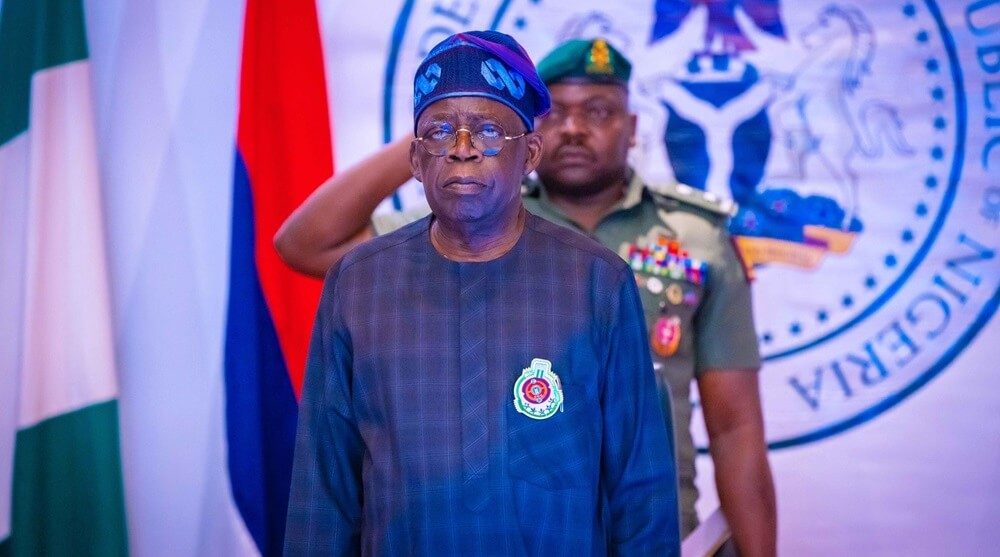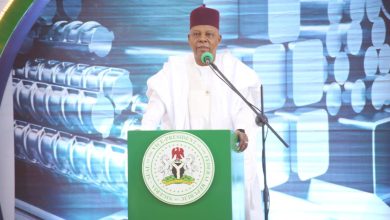Tinubu Orders Review of Revenue Deductions by NNPC, FIRS, Customs, NIMASA, Others
Tinubu orders review of revenue practices in key agencies to boost savings and economic growth.
The move targets increased investment, efficiency, and progress toward a $1 trillion economy by 2030.
President Bola Tinubu has instructed a thorough assessment of how major federal revenue-generating agencies handle deductions and retain earnings, aiming to increase public savings, improve spending efficiency, and free up funds to drive economic growth.

The Minister of Finance and Coordinating Minister of the Economy, Wale Edun, revealed this decision following the Federal Executive Council (FEC) meeting held on Wednesday. The review will cover agencies such as the Federal Inland Revenue Service (FIRS), the Nigeria Customs Service (NCS), the Nigerian Upstream Petroleum Regulatory Commission (NUPRC), Nigerian Maritime Administration and Safety Agency(NIMASA), Nigerian National Petroleum Company (NNPC).
Tinubu specifically ordered a reassessment of NNPC’s 30% management fee and 30% frontier exploration deduction under the Petroleum Industry Act. The Economic Management Team, chaired by Edun, will present actionable recommendations to FEC on the best path forward. According to Edun, the president stressed that public investment currently accounts for only 5% of GDP, largely due to low public savings.
He stressed that the government needs to make the most of every naira to keep reforms on track, fund economic growth, and preserve progress despite tight global financial conditions.
Tinubu highlighted that his administration’s economic measures have removed deep-rooted distortions, reestablished policy credibility, strengthened macroeconomic stability, and increased investor confidence.
These measures, he said, have positioned Nigeria to attract more domestic and foreign private investment, essential for job creation and poverty reduction.
Under the Renewed Hope Agenda, the president reaffirmed his goal of achieving a $1 trillion economy by 2030, with a minimum 7% growth rate by 2027. He described this target as both an economic necessity and a moral imperative to tackle poverty.
He also referenced the IMF July 2025 Article IV Report, which supports Nigeria’s investment-led growth strategy.



